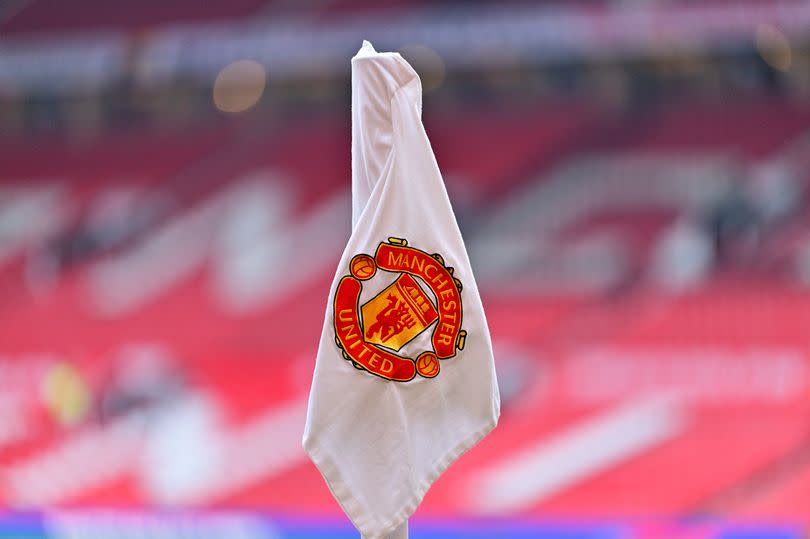What Manchester United charge means for club's £773m debt issue

The issue of Manchester United and debt is an extremely thorny one for fans.
Ever since the Glazer family acquired the club in a leveraged buyout back in 2005, using debt to fund the purchase and not their own funds, the club has seen the debt figure mount up.
The most recently published financial figures for the club had debt sitting at a staggering $990m (£773m). While other clubs in the Premier League have major debt at similar levels, such as Tottenham Hotspur, the bulk of their debt is due to a major infrastructure project, the new stadium, while United’s has little to show for it despite the fact that the owners have repeatedly taken dividends out annually.
READ MORE: United get major pre-season fitness boost
READ MORE: Mason Greenwood returns to United training ground for talks over his future
Not all debt is bad debt, and provided a club can service its debt, which Manchester United absolutely can, then there will be minimal impact on what can be done on the pitch.
On Tuesday an update landed on Companies House detailing the registration of a charge against the club and its associated companies by the Bank of America.
A charge is the security that a company puts up to enable a lender to provide them financing. The charge that appeared on Tuesday was a supplemental debenture.
But at a time when minority owner Sir Jim Ratcliffe seems intent on cleaning house at Old Trafford, the addition of further debt may seem odd.
The charge itself likely doesn’t relate to additional borrowing for the club, ergo adding to the debt burden, but is likely a change in terms on an existing agreement, such as an extension of the financing facility provided to the football club by Bank of America, which is fairly normal business practice for football clubs, with most having a significant revolving credit facility they can access with certain lenders.
For United fans, however, driving down that lofty debt figure will be something that they will want to see addressed in the coming months and years as the new Ratcliffe-led era at the club takes shape.

 Yahoo News
Yahoo News 
